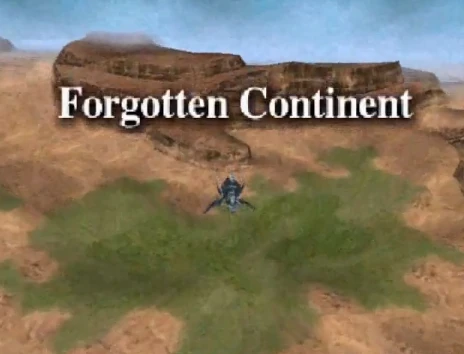I agree with Current History magazine’s assessment of Michael Reid’s new book, Forgotten Continent: The Battle of Latin America’s Soul (see William Finan’s review). The sensationalist title borders on ridiculous. Forgotten continent? Hardly. Africa, or even Antarctica, clearly claim that title. “Remembered in the wrong way” would be more accurate. With the immigration debate in the U.S. reaching new lows, distorted visions of the region and its impoverished migrant invaders have never been more at the forefront of the American pysche.
forgotten-continent.jpg
Title aside, this book is a useful primer for those interested in getting an efficient but thorough summary of the major dynamics influencing the region during the past 50 years.
Like most books meant for the “current affairs” table at Barnes and Noble, there is a certain inevitable bias and tendency toward generalization here – and in this case, the bias is unsurprising. Editor of the Americas section of The Economist, Reid upholds many of the values that that magazine promotes – free trade, free markets, and an open favoritism for socialy-minded democrats commited to sound fiscal policy rather than populism. As a result, he perhaps tends to skirt too quickly over the social havoc caused by some Washington-consensus era reforms and is dismissive of Hugo Chavez in particular, overlooking the importance of his international appeal and the (dare I say it)positive short-term impact of some of his social reforms on the country’s most impoverished. To be fair, despite these limitations, the conclusions Reid draws are nearly always sound and persuasively argued. In Venezuela’s case, there is no doubt that Chavez’s fiscal profilgacy cannot continue unabated without serious consequences. Inflation is already on the rise, and as we know, this phenomenon taxes the income of the poor more than the rich.
To Reid’s credit, the book does not fully mirror Jorge Castañeda’s rather simplistic division between Latin America’s “radical populist left” and its more-enlighted “social-democratic left.” Indeed, the author seems to understand quite clearly that Venezuela and Bolivia, to mention one example, are in fact quite different countries, and Hugo Chavez and Evo Morales are leaders acting in far different domestic political contexts. Still, Reid’s narrative does tend to highlight a more generalized difference between those countries in which democratic institutions have become consolidated, and those in which governance remains threatened by continued violence, autocratic sensibilities, and the pressures for social change brought by extreme poverty.
Yet here one must be careful. Brazil, toted as an example of a country in which democracy has in fact deepened its reach, is still home to 50% of Latin America’s poor. And just because Brazil’s domestic political scene is not dominated by movements pressing radical demands for social change (Lula’s Worker’s Party has come to the center in recent years) does not necessarily mean that the country’s poor are any better off or less deserving of swift action than impoverished citizens in Peru, Ecuador, or Bolivia.
Reid is an optimist. Where other commentators would bemoan the region’s “turn to the left,” he highlights signs of progress toward stable democracies in which the social agenda has properly become an important priority. Unfortunately, in the case of U.S. relations with the region, Reid’s penchant for optimism overlooks the real damage that has been done by the Bush administration to U.S. credibility, as well as the limited ability of the United States to encourage many of the trends he hopes will continue within the Western Hemisphere.
With our resources and attention consumed by crises elsewhere in the world for the forseeable future, and in an international economic environment that has bred domestic insecurity, decreased support for free trade, and cast suspicion (often tinged with racism) on many of the region’s emigrees within our borders, Latin America may become even more misunderstood than it was in previous eras.
(Check out these additional reviews: NY Times, SF Chronicle)

Reply